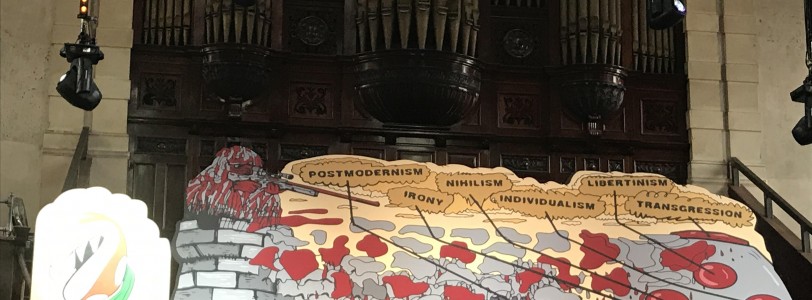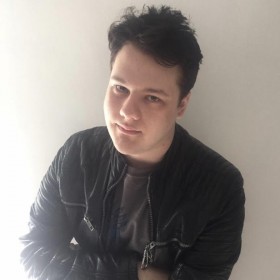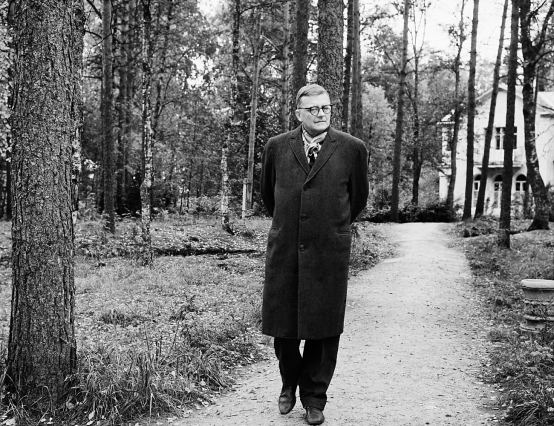Interdependence - Future Myths asked the question “What are the new stories we need and who should tell them?” Then, over the course of two different events, featuring different panels with multiple speakers – all of whom were sharing their own stories – it attempted to answer that question. We got a glimpse of the past, heard stories about the present, and saw an idea about what the future could look like.
The first event consisted of participants from Studio Créole, a collection of actors and writers from all walks of life including, Lemn Sissay, Ngũgĩ wa Thiong'o, Alejandro Zmbra, Sayaka Murata, and many others. It was primarily about the concept of language, and how it shouldn’t be a barrier between storytelling. Ngũgĩ wa Thiong'o in particular caught my attention with stories of his school life and his imprisonment, and how he debated with himself whether or not to write in his birth language or English.
During a talk between Sayaka Murata, John Collins, and Adam Thirlwell, it was revealed that Sayaka’s translator, Emiko Murakaml, was using a special headset translator that interpenetrates the users non spoken language in one ear, and then translates it into their native tongue in the other ear. This was a great way to break down the barriers of communication and language, fitting perfectly with the theme of the first talk.
The second event was presented by Gal-Dem, an award winning magazine and media platform created by Liv Little, and included several guests and members of Gal-Dem, including Emma Dabiri, Akinola Davis Jr, Sophie Duker, Hussein Kesvani, and several others. Among other things, it focused on the misconceptions and comparisons of African heritages and identities.
In the first panel of the second event, Emma Dabiri and Charlie Brinkhurst talked about Emma’s book ‘Don’t Touch My Hair’, in which Emma writes about how your hair can be a way to tell a story because it contains the history that surrounds it, both in its shape and its image. She also talked about the differences of European and African beliefs, specifically around the concept of an afterlife. She talks of how most European religions believe that when you die you ascend mortal bonds to the next world, but in African culture you would instead be reincarnated and return to the world you were once a part of. I found this concept extremely interesting.
A real highlight of the second talk was Sophie Duker’s stand-up comedy section ‘Wacky Racists’, and along with Marry O’Connell, and Pippa Sa, it made for a very entertaining second-to-last panel. The audience very much enjoyed this one, but it also demonstrated that even the most serious of topics and panels can have a comedic side to them.
Overall, these talks and panels may have been part of the same event, but the topics discussed were exceptionally varied, offering the audience an interesting and engaging array of content to engage with and mull over.






0 Comments